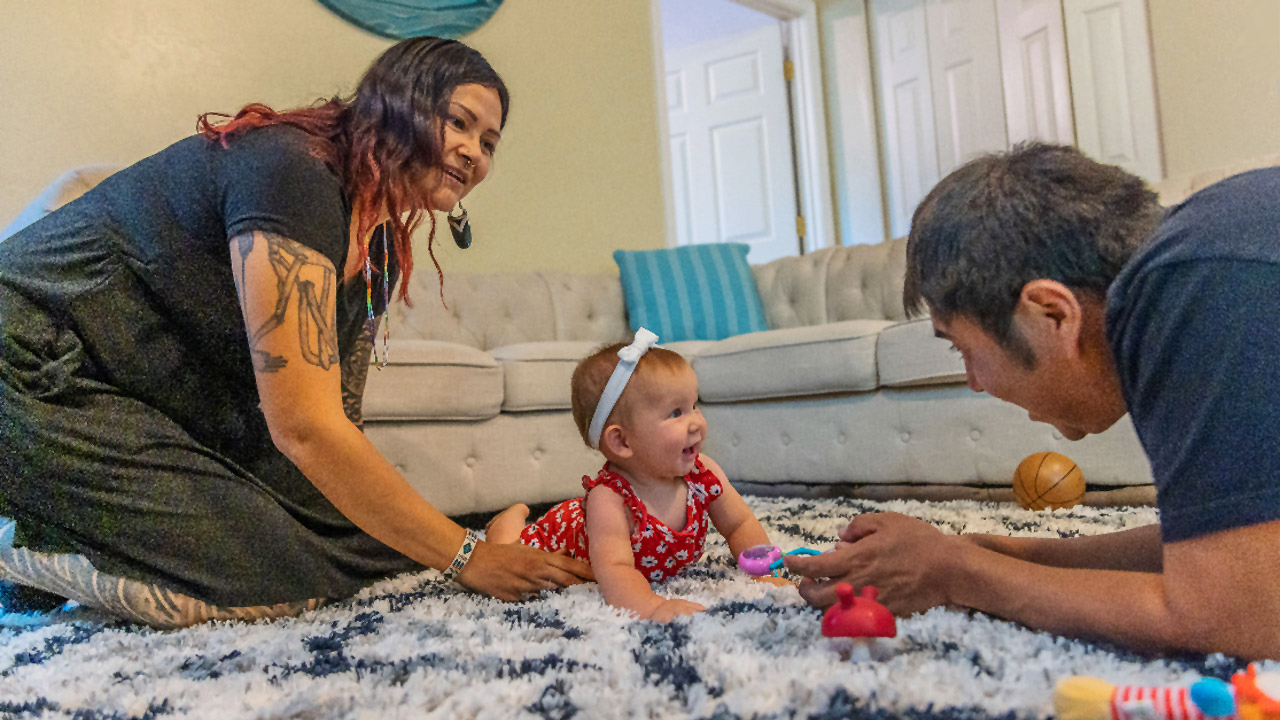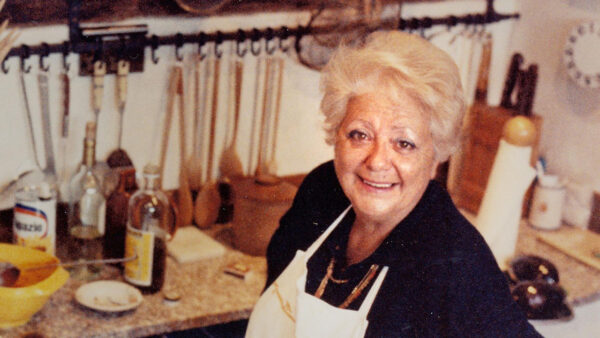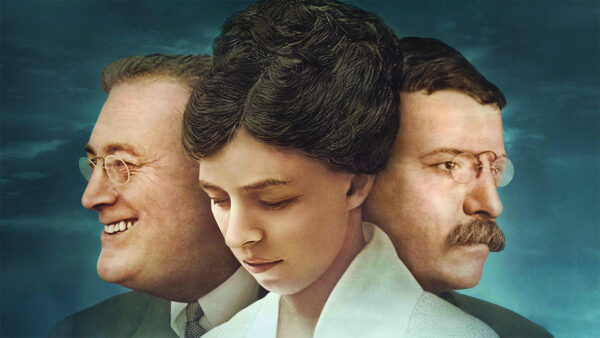
10 things to do with 10 minutes with your little one
June 7, 2023
Eat. Sleep. Work. Run errands. Spend family time. Repeat.
Sometimes the life of a parent, trying to keep up with everything you have on your plate, can be overwhelming. Parent guilt is real, and it’s easy to feel like you’re not doing enough.
As Arizona’s early childhood agency, First Things First (FTF) reminds families: there’s no such thing as a perfect parent. And you can find moments throughout the day to connect with your little one in ways that give them the love, care and attention they need.
“Connecting means finding time across the day to share moments of nurturing and affection,” says early childhood expert Rebecca Parlakian. “To cuddle, hug and kiss them. To read a story, play a game, watch them play, let them cook or sort laundry.”
These everyday moments are also learning moments.
Don’t underestimate what you can do with just 10 minutes with your child to support their healthy development, strengthen your connection and let your little one know they are loved.
FTF offers 10 things you can do to connect with your little one in 10 minutes.
1. Read
Grab a book, snuggle up and read aloud to your child. Invite them into the story by being expressive or using different voices. Point out the illustrations, and have fun with it. When parents and caregivers read to young children, you’re helping them learn new words they might not hear in everyday conversation.
2. Play
Something as simple as getting on the floor with them as they explore a cardboard box, making funny faces or playing peek-a-boo helps your little one use their senses and imagination. Young children learn through play. Most importantly, it helps them feel safe, secure and loved.
3. Go for a walk
Going out for a bit of fresh air can be a great bonding activity for you and your child. Stroll up and down the block or walk around the backyard. As you walk, point out things like trees, bushes and cars and talk to your child about them.
4. Talk with them
Did you know you can have an entire conversation with your child even before they can form words? It’s true! Babies communicate through sounds and facial expressions before they can speak. When your baby babbles or makes sounds, respond to them with words. Having back-and-forth conversations with your baby helps them develop language skills. If you have a toddler or preschooler, take your 10 minutes to ask them some fun questions to get the conversation going. Listen, respond and have fun!
5. Sing
Children love when the adults they love sing to them. Whether you have the voice of an angel or simply do your best to make a joyful noise, your little one loves hearing your voice. You’re also helping them to learn new words and language. As you sing, smile at your child, and invite them to sing along with you. Make eye contact, and enjoy these special moments of connection.
6. Snuggle
Young children love being in their parents’ arms. Bring your child close, and allow them to curl up with you wherever you are. Snuggling with your little one helps strengthen your parent-child connection and helps your child develop a secure attachment.
7. Connect in front of a mirror
Looking in the mirror with your young child isn’t vanity–it’s learning! Mirror play is fun and fascinating for kids, especially babies. It helps them develop their sense of self and develop their visual senses. So hold your little one, find a mirror and get ready to play–making funny faces, laughing and talking with them.
8. Create
Young children are full of creativity. By doing fun, age-appropriate crafts and art projects, you can help them exercise their creativity and enjoy a creative release yourself! Invite toddlers and preschoolers to draw with kid-friendly crayons, markers or colored pencils. You can also create visual art out of food items (think smiley faces), and enjoy eating them together afterward or make your own book covers.
9. Exercise
Though exercise looks different for young children than it does for adults, little ones need physical activity too! Tummy time helps babies strengthen their large muscles and lays the foundation for important milestones like rolling over, holding up their head and body and eventually walking. Toddlers and preschoolers often love to run, and infants may enjoy scooting and crawling around. Whatever the stage your young child is in, help them exercise by inviting them to run or crawl to you, or get down on the ground with them during tummy time.
10. Laugh
Someone once said laughter is food for the soul. It certainly is, for both parents and little ones. There’s no one way to laugh with your child or create laughter in your home. Let your child take the lead and follow along. If they want to play, play. If they want to play peek-a-boo, play peek-a-boo. Let go, have fun and get ready to laugh as you make everyday memories with your child.
Visit us on social media at @ArizonaEducator on Twitter or Arizona PBS KIDS on Facebook, and let us know which of these 10 activities you found the most helpful.
About First Things First

First Things First is Arizona’s early childhood agency, committed to the healthy development and learning of young children from birth to age 5. Learn more about early childhood programs at FirstThingsFirst.org.
If you have questions about your child’s healthy development at different ages, visit First Things First’s Ages and Stages tool. It features detailed information about what most children can do by each age in a number of categories.






















